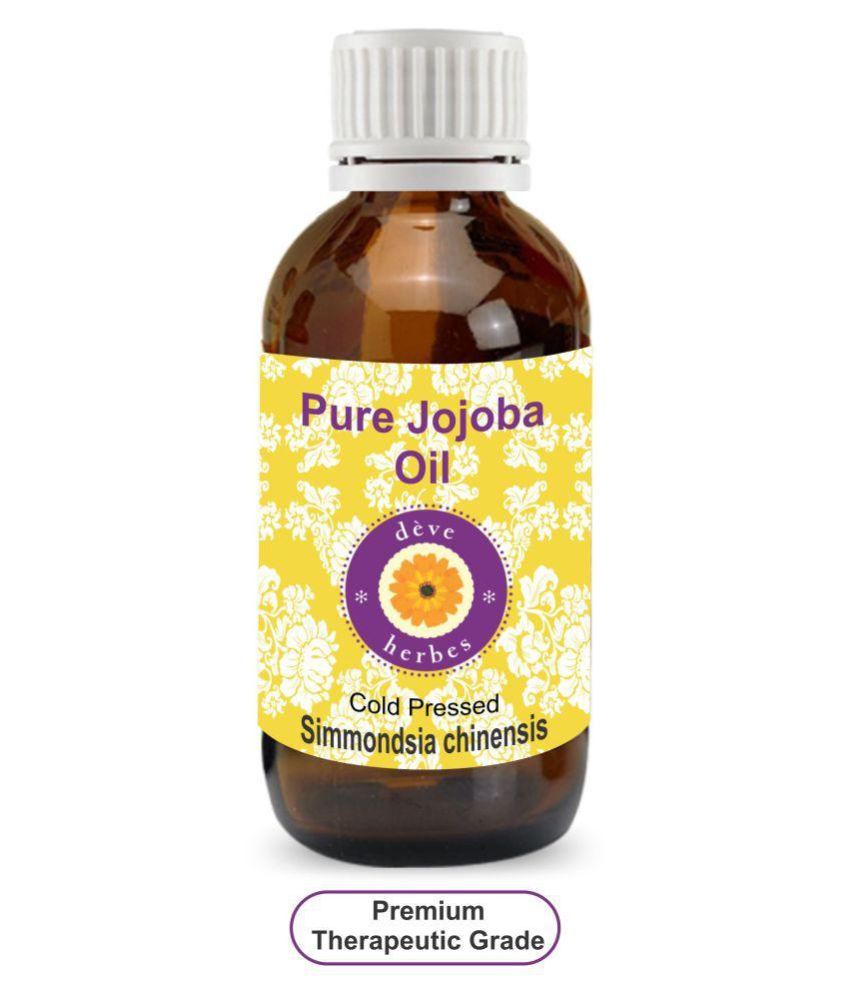Pure Jojoba Oil (Simmondsia chinensis) - natural versatility makes it immensely beneficial in particular for skin care in the modern world. Jojoba plant Jojoba Oil : A Versatile Ingredient and Plant Jojoba Oil differs from most other plant-based Oils. There are scientific descriptions of the unique chemical make-up of jojoba Oil, but a little history paints a better picture of why Jojoba Oil became a common ingredient in health and beauty care products. Jojoba Oil is commonly used in: - Cosmetics (especially those marketed as made with natural ingredients - Lubricants Jojoba Oil's Body Benefits Jojoba Oil is especially well suited for treating skin problems, likely because of its similarity to the sebum that occurs naturally in our own skin. - Jojoba Oil used by itself is a conditioner for the skin or hair. It removes hair product residue and rehydrates the hair . It is a great skin conditioner for people of all ages. It works well as a cleanser because it gently unclogs pores and cleans away dirt. - Jojoba Oil treats acne: Jojoba Oil is a non-comedogenic. One acne treatment involving jojoba Oil is a clay Jojoba Oil facial mask. Since it has anti-inflammatory properties it may work as an acne spot treatment when mixed with tea tree Oil. - Jojoba Oil is also a treatment for psoriasis. - Jojoba Oil aids in the healing of sunburn, chapped skin and other skin ailments. - Jojoba Oil helps the healing of wounds and may help lessen the appearance of other skin lesions such as stretch marks. - Jojoba Oil may even help prevent balding. According to the Encyclopedia of Alternative Medicine, jojoba Oil can moisturise the follicle of the hair and may reduce the amount of hair tangles you experience. If there is an excess amount of sebum produced by the skin, jojoba Oil may break it down resulting in cleaner, healthier hair. DIRECTION:- Most Carrier Oils are unscented or lightly scented and don't interfere with an essential oil's therapeutic properties. They may be used alone or with other oils to nourish your skin.

